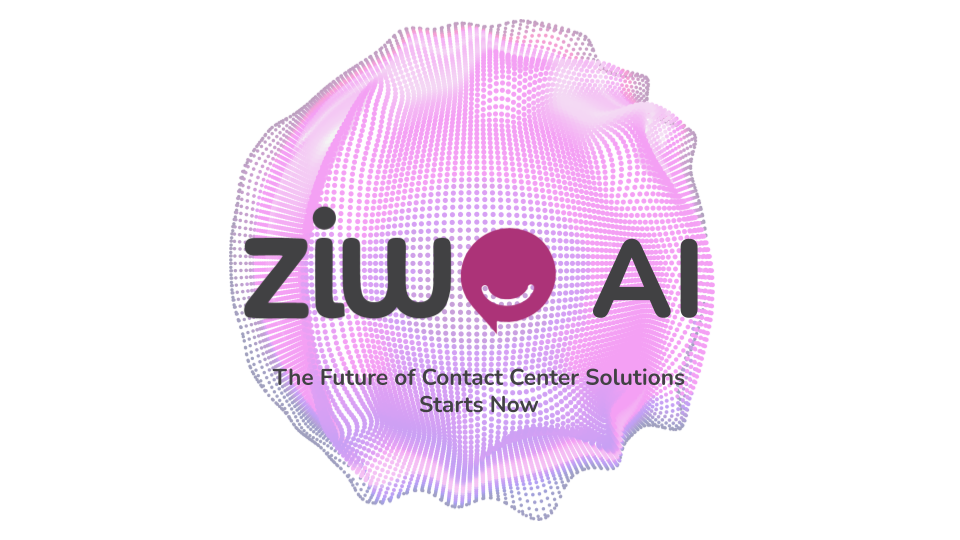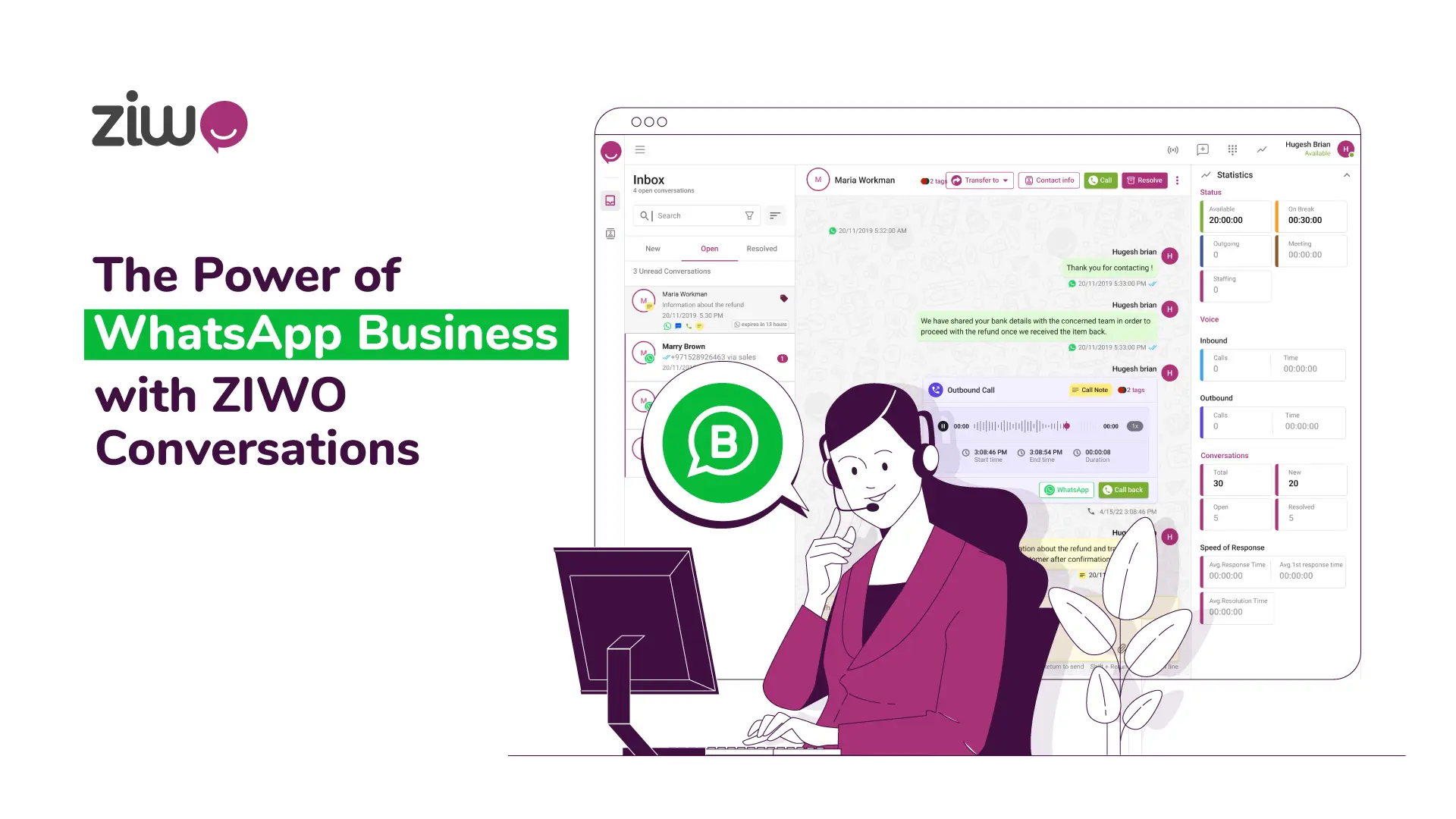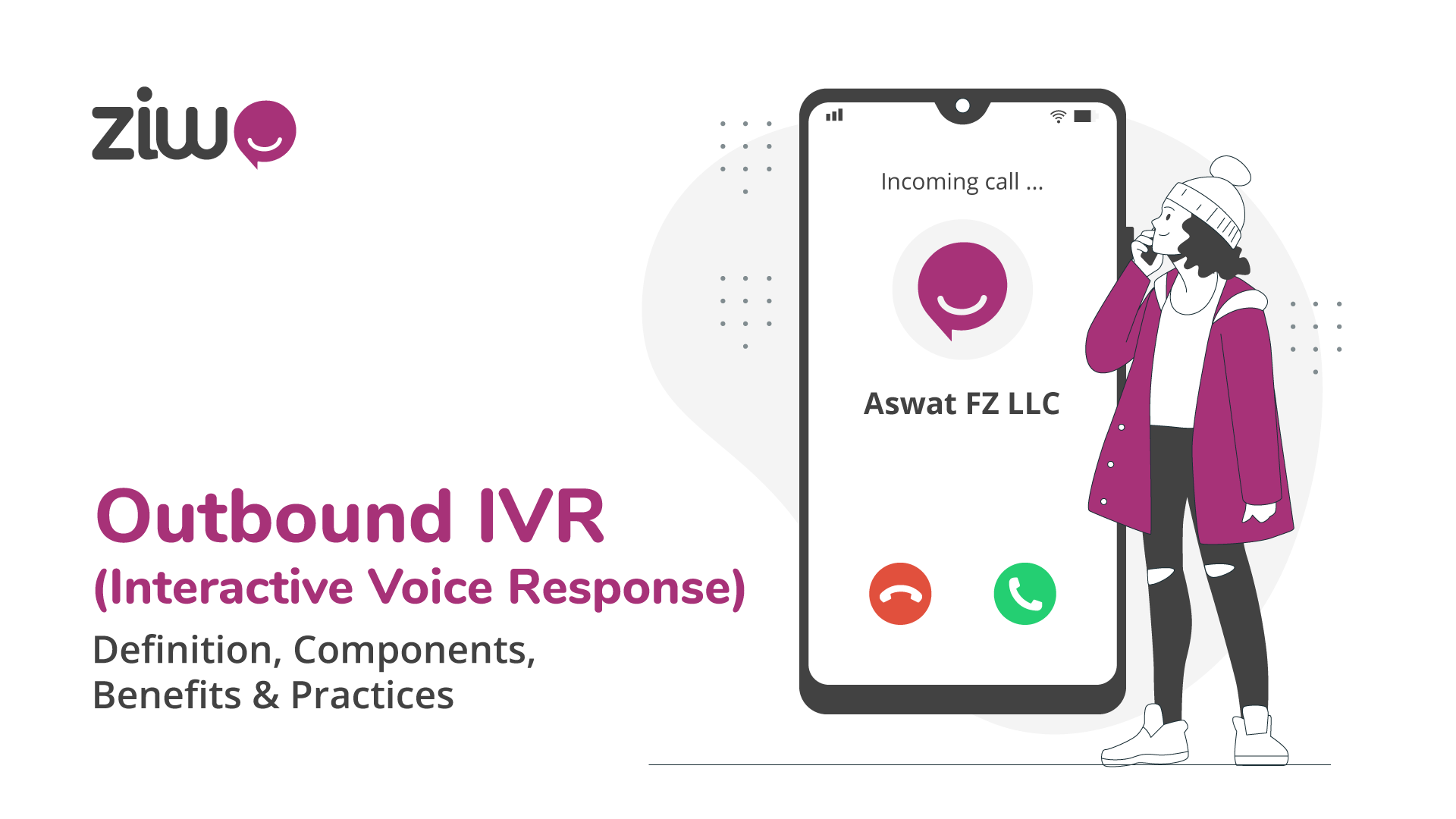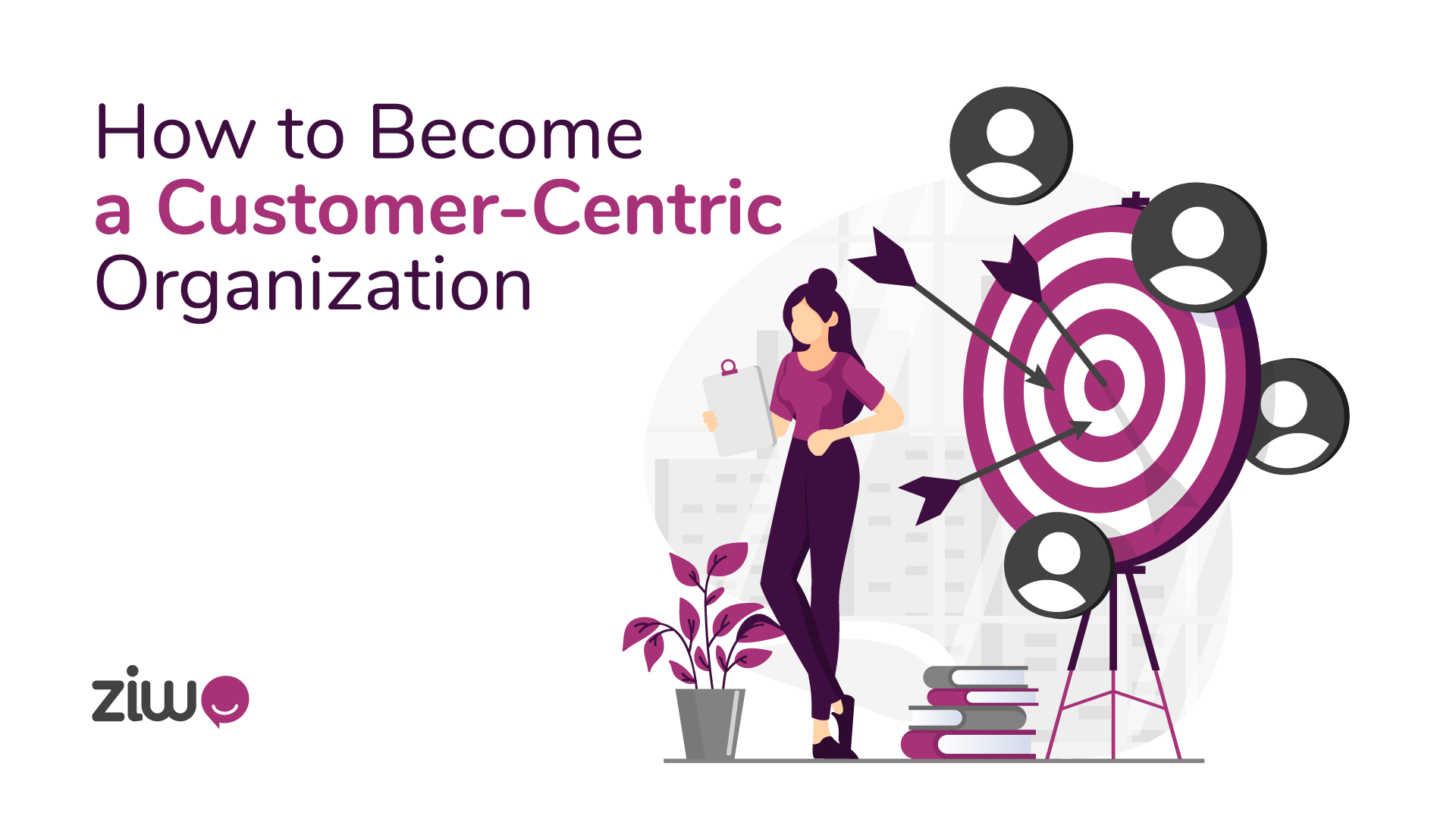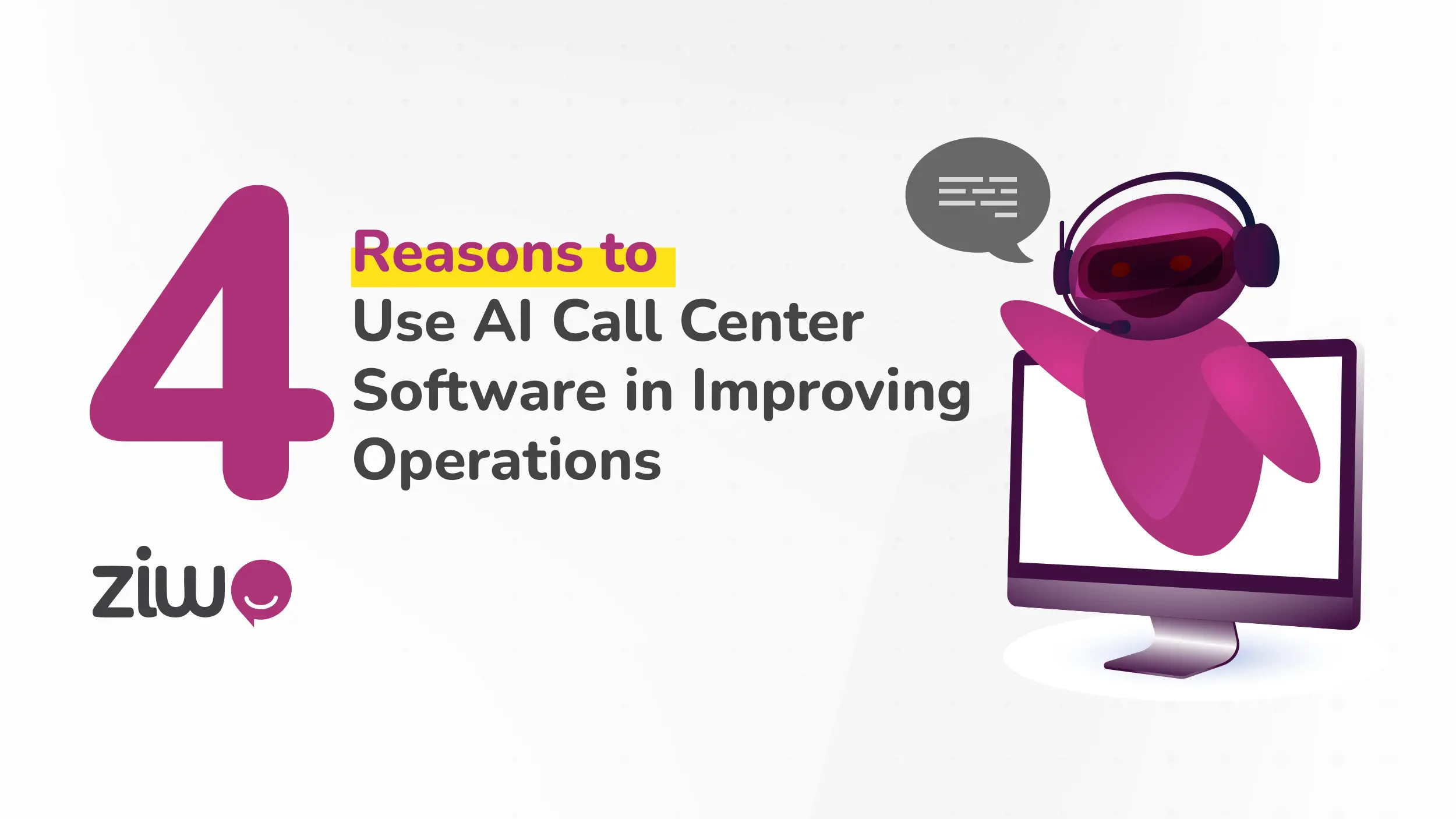
4 Reasons to Use AI Call Center Software in Improving Operations
Has your customer retention been declining lately? Have you checked your customer support and success strategy?
Reshaping the customer service landscape requires revolutionary modern technology, including AI call center software.
Applying this omnichannel call center software will streamline routine tasks and help you better comprehend customers' needs; more will follow.
If you need to smoothen your customers' interactions and save your company time and money, now is the best time to invest in software that leverages your business's power in the CX scene.
Before selecting the best cloud call center software with the most suitable AI features, it's crucial to fully understand artificial intelligence's capabilities and its role in unlocking your business and team potential.
1- How AI Transforms Call Center Operational Efficiency
How do you describe an efficient call center? It's a center that meets customers' needs in the most optimum time, with the least waiting times, trying to resolve their problems and respond to all inquiries from the first contact without consuming all of the agents in charge's time. What would you do if you knew that an AI call center software might cover these functions1 ?
Automating Routine Tasks With AI
At an inbound call center, the customer agent is expected to pick up the call and help the customer with information, technical support, or other assistance. Similarly, AI provides the agents the support they need to learn more about the caller2. The agent can know basic, most recent information related to the customer, like:
- When was the last call the customer made?
- Is he calling for an open issue?
- What was the customer’s previous purchase? When was it?
Data-providing AI automation becomes a repetitive feature, and the agent gets it with every call. This basic information guides the agents on how to handle the call, help the customer, and retain his relationship with the business.
Call routing is essential for receiving calls and performing related tasks. After learning the caller's intention from the IVR system, AI delivers the call to the right agent based on his skills and previous calls.
In addition, AI optimizes workflow through task automation that does not require the intervention of a human call center agent. For example, a customer needs to modify his account personal information, reset a debit card PIN, or perform other similar actions.
Personalizing Customer Interactions Through AI
Based on the customers' reasons for calling and the recorded activities, the AI can automatically send outbound message campaigns that enrich the customers' experience and support their journey.
For example, you have an apparel e-commerce website that sells men's and women's clothes. When the customer contacts the call center to follow up on his order’s status, for personalization, the AI call center software prompts the user to receive a notification via the app or the website, offering him new arrivals at prices he shouldn’t miss.
A chatbot can easily handle many customer interactions, especially if the customer contacts the business to receive basic information. That makes a chatbot a perfect assistant for displaying frequently asked questions in a way that helps your customers and professionally represents your business.
2- AI’s Impact on Customer Satisfaction and Retention
When discussing business goals, you can not give up, such as customer loyalty, satisfaction, and retention, groundbreaking technology integration like AI call center software undoubtedly achieves them. AI's proactive interaction with customers needs to lead to generating a more contented customer base3. Imagine a customer who purchased a new electric device via your call center; what if he found on his mobile a message that includes a link to how to use the device for the first time? It is a great way to prove that your customer has made a perfect choice when he dealt with your business.
3- Improving Call Center Staff Productivity With AI
Automatic suggested responses, real-time customer sentiment analysis of customer mood, and other AI tools integrated into the call center software make it more efficient. The agent gets assistance that saves him time and allows him to deliver the customers the efficient support they seek. Interacting with the customer's needs optimally and resolving any issue from first contact has many positive results:
- Serving More Customers: Serving the same customer more than once takes other customers' time and opportunities to illustrate their issues or queries.
- Lower Call Handling Time: AI data analysis allows agents to react faster than before, so the duration of each call will be shorter.
- Higher Call Volume: When call handling time decreases, an inbound call center's number of calls increases.
AI call center software is pivotal in upgrading the self-service options found in any call center. It not only plays a role in productivity improvement.
4- Easier Integration With Existing Call Center Technologies
Achieving seamless AI integration into your call center workflow will unleash your business's capabilities. APIs help connect preset databases to the software, creating a multidisciplinary team linked through every channel for cooperation.
A generative AI formulates suggested responses based on the customer’s intent. Using AI major technology elements like NLP (Natural Language Processing), machine learning algorithms, and more.
Reporting is a top-performing feature, showing the importance of AI integration. With the help of AI call center software, call response rates and the results of each call become clear to you and the quality assurance team. Artificial intelligence also tracks the agents’ performance, significant metrics, and KPIs and whether they cover them adequately.
Based on previous interactions, AI reporting can tell agents the best time to call customers. AI can also recommend suitable products and services via email, messages, and calls based on prior purchases4.
Overcoming the Challenges of Implementing AI
Implementing AI call center software faces many challenges, most related to the data used and the degree of its quality. In this section, we illustrate these challenges and how to overcome them.
1- Data Accuracy
Artificial intelligence mainly learns from the data it receives. The low accuracy of this data leads to unreliable results and customer dissatisfaction because it involves dealing with parties that don’t comprehend their needs. The data inaccuracy comes from manual data entry that includes incorrect data input. Lack of data standardization might also lead to misleading AI to a dead end. You can easily overcome this challenge by hiring data entry specialists and database engineers who can eliminate it.
2- Data Consistency
AI can deliver inhomogenous outcomes in the absence of data consistency. The primary source of this challenge is poor data culture. Here, agents and employees duplicate elements as they don’t comply with a certain data organizational system. You can overcome the challenge by implementing fixed rules that manage how to enter numeric and alphabetic elements. Training will also do the trick and guide the employees to the right thing to do.
3- Data Privacy
Again, AI is based on available data. Keep in mind that your customers’ data is exposed to being lost, misused, corrupted, or even leaked if you choose an untrusted service provider. You can quickly deal with the challenge of risking your company’s data by selecting a software service provider that carries all the factors that reflect customer trust and reliability. So, the AI call center software you use should comply with laws like GDPR and adopt SSL and SSH for data encryption.
Case Studies: AI Success Stories in Call Centers
Ziwo's team is working on an AI feature as part of its call center solution that converts all recorded voice calls into transcribed texts. These texts can be easily searched using related tags and filtered as needed.
The feature also summarizes each call and highlights vital topics, making it easier for agents to review and access the information anytime, anywhere, and to learn how to deal with similar cases. The AI call center solution becomes an efficient tool for better customer satisfaction and retention.
Future Trends for AI in Call Center Operations
The future of AI software in call center operations is a more ethical and emotional tool that understands the customers’ feelings and comprehends their goals. Artificial intelligence will not only become a technology that understands text and voice, but it will also become more aware of manners and emotions. The ethics that comply with the political correctness the world is witnessing will lead to a better ecosystem where the customer relationship with your business thrives.
Conclusion: AI as a Keystone for Call Center Innovation
AI call center software will have the upper hand in the CX landscape. From streamlining lead generation to managing the sales funnel and organizing the customer success processes, AI will be the common factor for every agent and department dealing with customers. Investing in AI technology before other competitors might be an edge you can use to keep ahead of the market!
Bibliographical references
1 – AI in call center operational efficiency:
¹ Russell, S., & Norvig, P. (2021). Artificial Intelligence: A Modern Approach (4th ed.). Pearson Education.
² Goodfellow, I., Bengio, Y., & Courville, A. (2016). Deep Learning. MIT Press.
2 – AI and customer satisfaction in call centers:
³ Kaplan, A., & Haenlein, M. (2019). Artificial Intelligence and Customer Relationship Management: The Future of CRM. California Management Review, 61(4), 45-65.
3 – Integration of AI with existing call center technologies:
⁴ Barton, D., & Court, D. (2020). How AI Is Transforming the Call Center Industry. Harvard Business Review.




